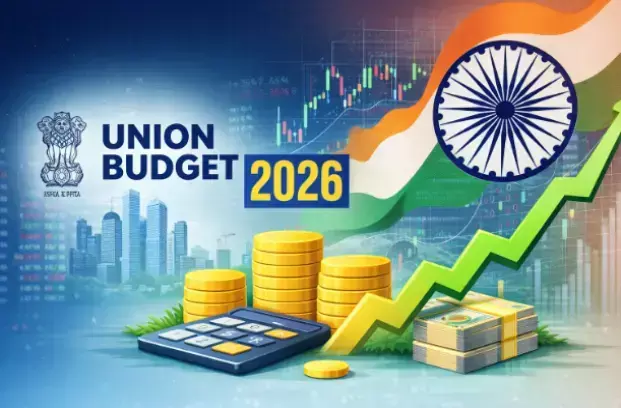It's all about life's crises, solutions

It’s all about life’s crises, solutions
A complaint made of Vedic astrology by Western astrologers is that it is not psychological. Those voicing this criticism have clearly not familiarised themselves with the delineations available in even the oldest Vedic astrology texts.
Let us not forget that the Vedic astrology is very psychological, in some ways more directly addressing one's mental state than Western astrology.
The Vedic astrological method addresses what astrological factors indicate internal conditions like peace of mind, anxiety, emotional sensitivity, and mental illness; and what factors indicate external traumas like incest, drug and sexual addiction and impotence, and other forms of abuse.
Vedic astrology also enables one to discern a great deal of detail about the individual's temperament.
A Vedic astrologer can understand physiological patterns (such as what organ systems are liable to be problematic) and can use the chart to know which Dosha (Ayurvedic body type) a person will be - and the appropriate diet, herbs, etc. for each individual.
The main predictive method of Vedic astrology, the Vimshottari Dasha system, is truly great at revealing when a person's life crises and their resolutions will occur. Perhaps most importantly, the Vedas themselves, from which Jyotish was born, are incredibly rich in psychological content.
Jyotish brings with it, from the Vedas, a deep and spiritual understanding of the structure of mind. And yet scientists from the West call this unscientific.Let us not forget that the Indian knowledge system is very old.
The very fact that it sustained thousands of years in the minds of Rishis down to this age itself is proof of its sanity.Because Vedic astrology has been a continuous oral tradition spanning thousands of years, its set of principles have formed a solid foundation for Vedic astrologers throughout the ages.
The originators of Vedic astrology - the Rishis - were considered to be God-inspired, and thus their teachings were literally an essential part of the Hindu religion and therefore kept sacrosanct, and passed from generation to generation unaltered.
It is astonishing how incredibly sophisticated and elaborate (both astronomically and predictively) the foundations of Vedic astrology are.
Because of the richness of the original source material, many modern Vedic books are basically restatements and clarifications of the ancient texts.
Western astrology, conversely, has "died many deaths" during its history, due to religious persecution, the burning of books and whole libraries, and the scientific revolution.
Even such intensive scholastic efforts such as Project Hindsight had to struggle mightily to find and translate "lost" astrological works.
As a result, Western astrology has had to reinvent itself many times, which has resulted in an amazing diversity of approaches, but no solid thread of an original foundation.
There is a small but fortunately growing number of astrologers who honour both systems. It is time astrologers recognised the incredible richness each system has to offer the other, and to reap the benefits of an open mind and an open heart.
Another evolving theme is the growing interest in other astrologies. The Traditional Astrology methods (called Hellenistic and Medieval), Chinese Astrology, Aztec Astrology, Babylonian Astrology, and additional astrologies of other cultures are beginning to gain more and more followers.
Hopefully, this diversity will encourage everyone to be more open-minded.
One of the biggest dangers facing Vedic astrology today comes from Western astrologers who - with the best of intentions - bring Western astrological concepts to their Vedic writings and practice.
This creates a "mishmash" of principles and techniques, and greatly dilutes the efficacy of the Vedic approach.
Astrology is as much a language, an art, and a practice, as a science, and the reduction of astrology to a set of statistical principles would strip it of its life and of its soul.
In addition, one cannot evaluate an astrological system from outside of it. There are those that have never studied with a Jyotish master, yet presume to know enough to criticize or try to change the classical Vedic approaches and to invalidate core Vedic principles.














